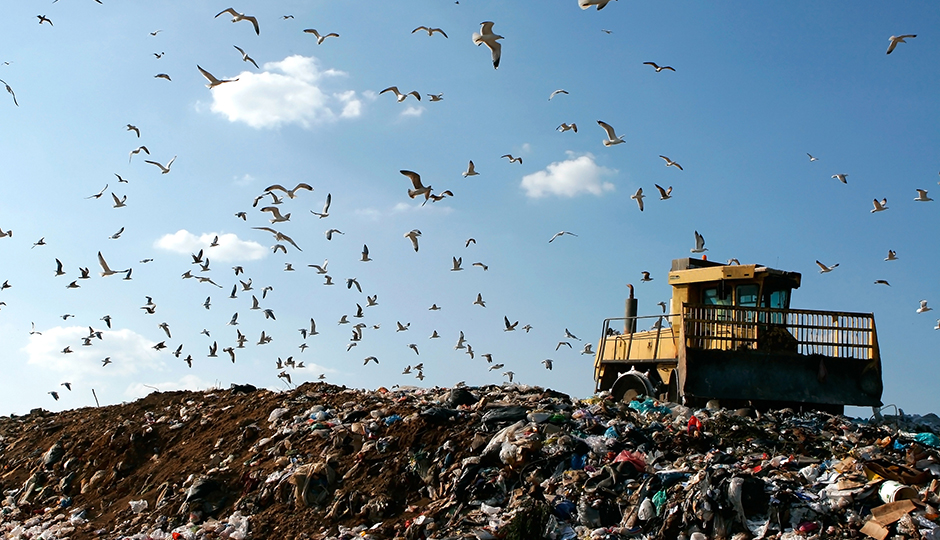In Canada, 30% to 50% of the commercial fishing catch ends up being discarded in the form of unused "by-products" after factory processing. However, the burying of putrescible organic waste in landfills will be prohibited by the year 2020. Processors will need to find sustainable strategies for by-product valorization in order to comply with this new Québec waste management policy.
The burying of putrescible organic waste in landfills will be prohibited by the year 2020.
Laurent Bazinet, a professor in the Department of Food Sciences at Université Laval and a researcher at the Institute of Nutrition and Functional Foods, is working on the valorization of various industrial by-products. For example, antibacterial and anticancer peptides extracted from snow crab by-products can be used to fight bacteria on ground meat or to provide soy milk with preventive properties. Similarly, substances isolated from flax seeds can help to regulate blood sugar levels and blood pressure.
To do this, the scientist and his team have developed—and patented—a process called "electrodialysis with filtration membrane" (EDFM) for extracting nutraceutical molecules with positive health benefits from various by-products. This process uses enzymes to break down proteins into peptides, which are then selectively filtered by a series of membranes. In that way, the nutraceutical compounds are concentrated and can be made into capsules or added to food.
The work of Professor Bazinet's laboratory is of great interest to the bio-food and biopharmaceutical industries, particularly in Europe. The researchers are currently attempting to scale up their technology for industrial application, in order to produce more nutraceutical peptides and give a second life to food waste.




